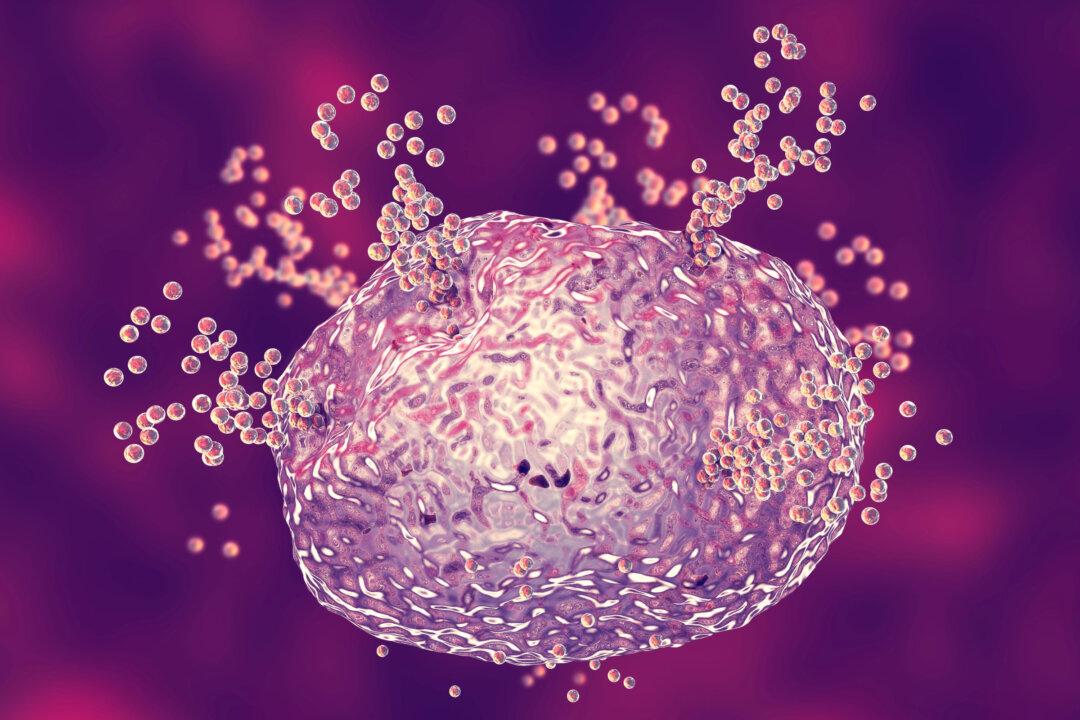Allostatic load—the sum total of all sources of stress in our lives and their impact on the brain and body—takes a profound toll on our overall health and well-being. Stress sets off a biochemical shift in the body that gears it to fight or flight at the expense of rest, digestion, and restoration. Fortunately, there are practical strategies for reducing stress and the overall allostatic burden on our bodies.
Remember, stress isn’t just in your head. It changes your entire physiology in a fundamental way. For that reason, don’t take what follows as simple advice on living a healthier lifestyle, take it as a medical prerogative not unlike taking a medicine essential to staving off the debilitating effects of a disease.






